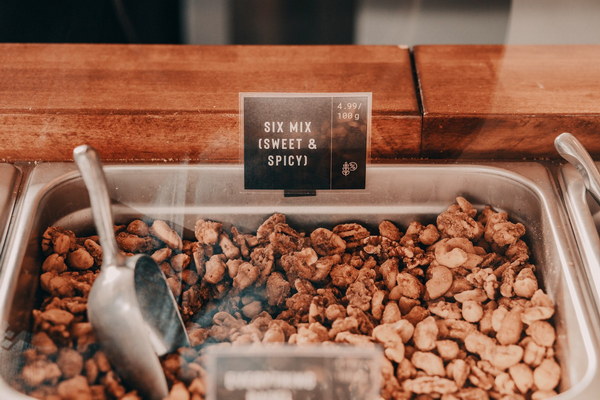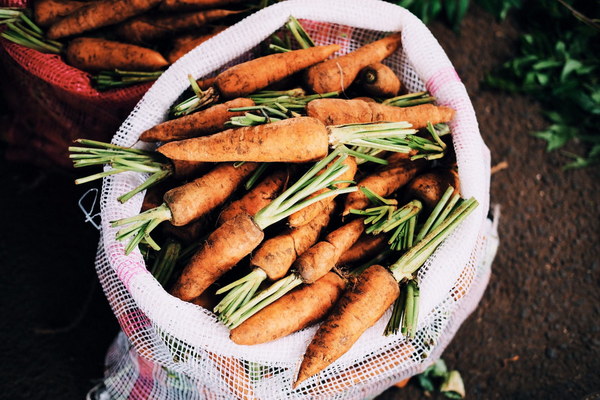Breath Easy This Winter Best Herbal Teas to Nourish Your Lungs with Bronchiectasis
Breath Easy This Winter: Best Herbal Teas to Nourish Your Lungs with Bronchiectasis
Winter can be a challenging time for individuals with bronchiectasis, a chronic lung condition characterized by the abnormal dilation of the bronchi. The cold, dry air can exacerbate symptoms, leading to increased respiratory discomfort and infections. To support lung health during the colder months, incorporating the right herbal teas into your diet can be a soothing and beneficial addition to your routine. Here’s a guide to the best herbal teas that can help nourish your lungs and ease the symptoms of bronchiectasis.
1. Honey and Lemon Tea
A classic remedy for respiratory issues, honey and lemon tea is a comforting blend that can help soothe the throat and reduce inflammation. Honey has natural antibacterial and antimicrobial properties, while lemon provides vitamin C, which supports the immune system. This tea can help clear mucus and reduce coughing.
How to Prepare:
- Boil water and pour it over a bag of black tea.
- Add a teaspoon of honey and a slice of lemon.
- Let it steep for 5 minutes.
- Stir well and enjoy.
2. Thyme Tea
Thyme is a powerful herb with expectorant properties that can help break down mucus and clear the lungs. It also has antimicrobial and anti-inflammatory effects that can help fight off infections.
How to Prepare:
- Steep 1 teaspoon of dried thyme in a cup of boiling water for 10 minutes.
- Strain and add honey or lemon to taste.
- Drink it warm to soothe your throat and lungs.
3. Eucalyptus Tea
Eucalyptus tea is well-known for its ability to open up the airways and relieve congestion. It contains compounds that can help reduce the severity of coughs and sore throats, making it a great choice for bronchiectasis patients.
How to Prepare:
- Boil water and pour it over a bag of eucalyptus tea leaves.
- Steep for 10-15 minutes.
- Strain and inhale the steam for added relief.
- Add honey if desired to sweeten the tea.
4. Ginger Tea
Ginger has natural anti-inflammatory and expectorant properties that can help clear respiratory passages and reduce inflammation. It’s also a warming herb that can help soothe the throat and improve circulation.
How to Prepare:
- Grate fresh ginger and add it to a pot of boiling water.

- Simmer for 10 minutes.
- Strain and add honey and lemon to taste.
- Drink warm to help ease bronchiectasis symptoms.
5. Peppermint Tea
Peppermint tea can help relax the muscles in the airways, making it easier to breathe. It also has anti-inflammatory and antimicrobial properties that can help reduce the risk of respiratory infections.
How to Prepare:
- Steep peppermint tea leaves in hot water for 5-10 minutes.
- Strain and add honey or lemon for added flavor.
- Enjoy the tea warm or cool, depending on your preference.
6. Licorice Root Tea
Licorice root tea is known for its soothing properties, which can help reduce coughing and sore throats. It also has anti-inflammatory and expectorant effects that can support lung health.
How to Prepare:
- Steep 1-2 slices of licorice root in a cup of hot water for 10-15 minutes.
- Strain and add honey or lemon to taste.
- Drink warm to help alleviate bronchiectasis symptoms.
Conclusion
Incorporating these herbal teas into your daily routine can provide relief and support for your lungs during the winter months. However, it’s important to consult with your healthcare provider before making any significant changes to your diet or treatment plan. While herbal teas can complement your bronchiectasis management, they should not replace medical advice or treatment.
Remember, staying hydrated and maintaining a healthy diet are also crucial for managing bronchiectasis. By combining these natural remedies with proper medical care, you can help ensure a more comfortable and healthier winter season. Stay warm, breathe easy, and enjoy the soothing benefits of herbal teas!









